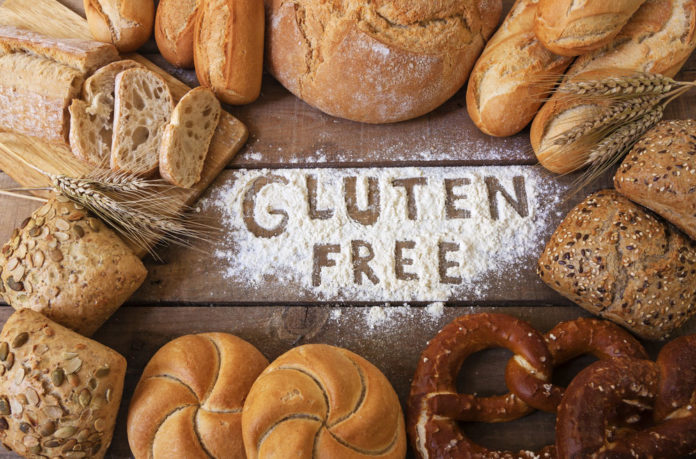Stripping away gluten from the diet is not necessarily standard across the board, though some individuals require a gluten-free diet for specific medical management. It must also be further recognized eliminating gluten from the diet can instigate health consequences if unequipped of the necessary knowledge.
What is Gluten and Why Go Without It?
Despite its negative perceptions, gluten is actually a protein naturally found within wheat, barley, and rye and the products they transpire into, including breads, pastas, and cereals. While oats and other whole grains are gluten-free in nature, they may become cross-contaminated during food processing and manufacturing with gluten-containing sources. Gluten may also be hidden in vinegars, sauces, dressings, gravies, and even medications. In a nutshell, gluten is widely distributed across the food supply, therefore adding great pressure for the Food and Drug Administration (FDA) to uphold regulations and standards. Find more information on gluten-free labeling of foods at the official FDA site.
But the fear of gluten has prompted individuals to go without it, although certain medical conditions actually do suggest and require its elimination. Specifically, celiac disease and gluten sensitivity require a gluten-free diet while a wheat allergy necessitates the absence of wheat and its associated products. Celiac disease is an autoimmune disease in which the body perceives gluten as harmful, subsequently attacking itself, damaging the intestine, and cascading unpleasant signs and symptoms that may vary between children and adults. If experiencing such indicators and do not test positive for celiac disease, individuals may identify themselves with a gluten sensitivity or intolerance. Although no apparent damage to the intestine is witnessed with a sensitivity, individuals may very well experience signs and symptoms associated to celiac disease. Compared to a gluten-related condition, a wheat allergy may be much more severe and potentially fatal. Individuals with a wheat allergy may experience itching, swelling, rashes, hives, and anaphylaxis if exposed to wheat, although an approximate 20 percent of individuals with a wheat allergy might also be allergic to other grains.
Despite its elimination for medical management or personal preference, following a gluten-free diet should be warned with caution. The identified whole grain sources not only carry gluten, but other valuable nutrients, including fiber, B vitamins, folic acid, iron, phosphorous, copper, and magnesium. Ultimately, eliminating gluten may cause nutritional deficiencies if not obtaining the nutrients found in wheat, barley, and rye from other food sources or supplements.
Gluten-Free Meal Delivery
While a gluten-free diet may seem as simple as dismissing its sources, gluten is highly endowed within the food supply and requires attentiveness of food labels and cross-contamination. Although following a gluten-free diet can be achieved, it may come with substantial pressures. Add on the desire of weight loss, stress may only be exacerbated. But with Balance by bistroMD, successfully following a nutritious, gluten-free diet will come easy and take away the much anticipated guesswork. All meals are tested to the Food and Drug Administration (FDA) gluten-free standard (20 ppm or less) and do not contain wheat, rye, or barley. They are further crafted with fresh, all natural ingredients, expertly combining the nutritional requirements of a gluten-free diet while scientifically-proven to facilitate weight loss and sustain a healthy lifestyle. From jerk spiced chicken with mango chutney and spinach, to hickory smoked BBQ beef with Yukon gold potatoes, to this extensive gluten-free meal list, you will never feel limited of gluten-free options, robbed of flavor, or deprived of nutrients!






